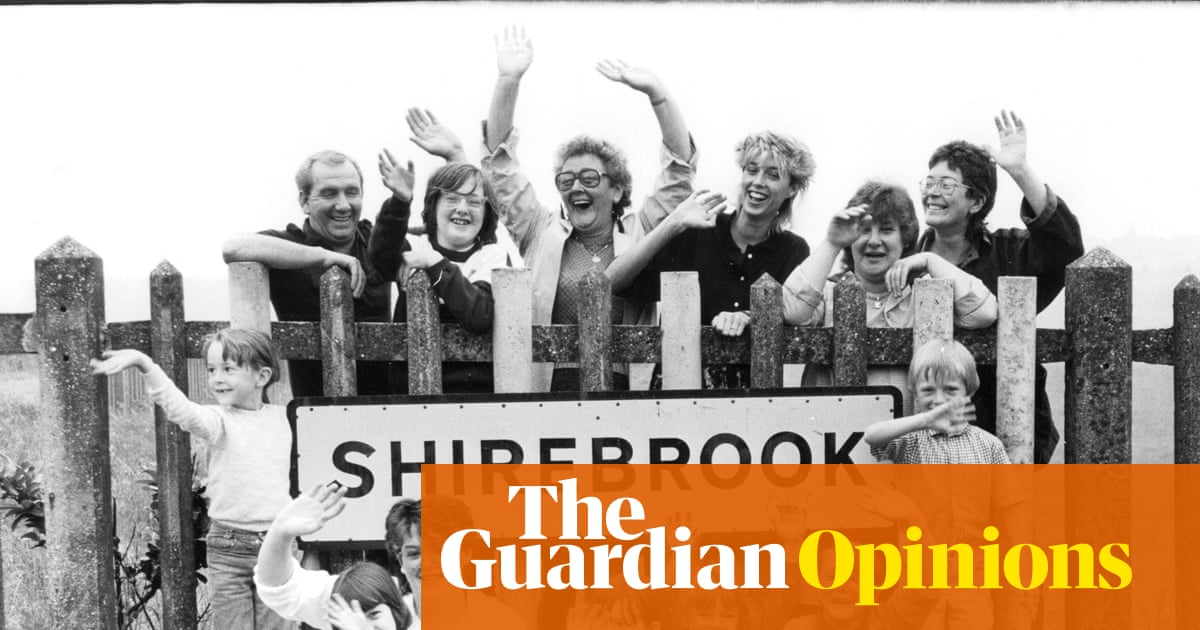
"In 2016, on the day after the Brexit vote, my home town's pub opened early and celebratory pints were drunk underneath union flags. I was in a rehearsal room in London surrounded by the shellshocked and outraged. The media I read on the tube home reiterated what I'd heard all day: these leave voters were ignorant and racist. My town voted just over 70% for leave."
"I have no argument to win in my play, Till the Stars Come Down and the jokes are never at the characters' expense. The play takes place on the day of a wedding between a local woman and a Polish immigrant. It is the story of a multigenerational working-class family grappling with a changing community and world, as well as their own swelling desires and losses. It is passionate and hilarious and deeply political, but you won't hear characters arguing about Brexit or"
"One of the things I treasure most about writing plays is the opportunity to suspend judgment my characters speak and I listen; my characters do and I watch. I find it freeing and am astonished how much they have surprised me: characters are as vast as we allow them to be and people in real life are no different. Yet we are often at pains to shrink people, simplify them: I can do it in my own life as well."
In 2016, after the Brexit vote, a hometown pub opened early and pints were drunk beneath union flags. The town voted just over 70% leave, later electing a Conservative MP and voting Reform in a council election. The East Midlands community shifted from coal mining and manufacturing to a large Sports Direct distribution warehouse where many eastern Europeans now live and work. Till the Stars Come Down is set on the day of a wedding between a local woman and a Polish immigrant, portraying a multigenerational working-class family grappling with changing community, desires, and losses. The play is political and empathetic, yet characters do not argue about Brexit.
Read at www.theguardian.com
Unable to calculate read time
Collection
[
|
...
]